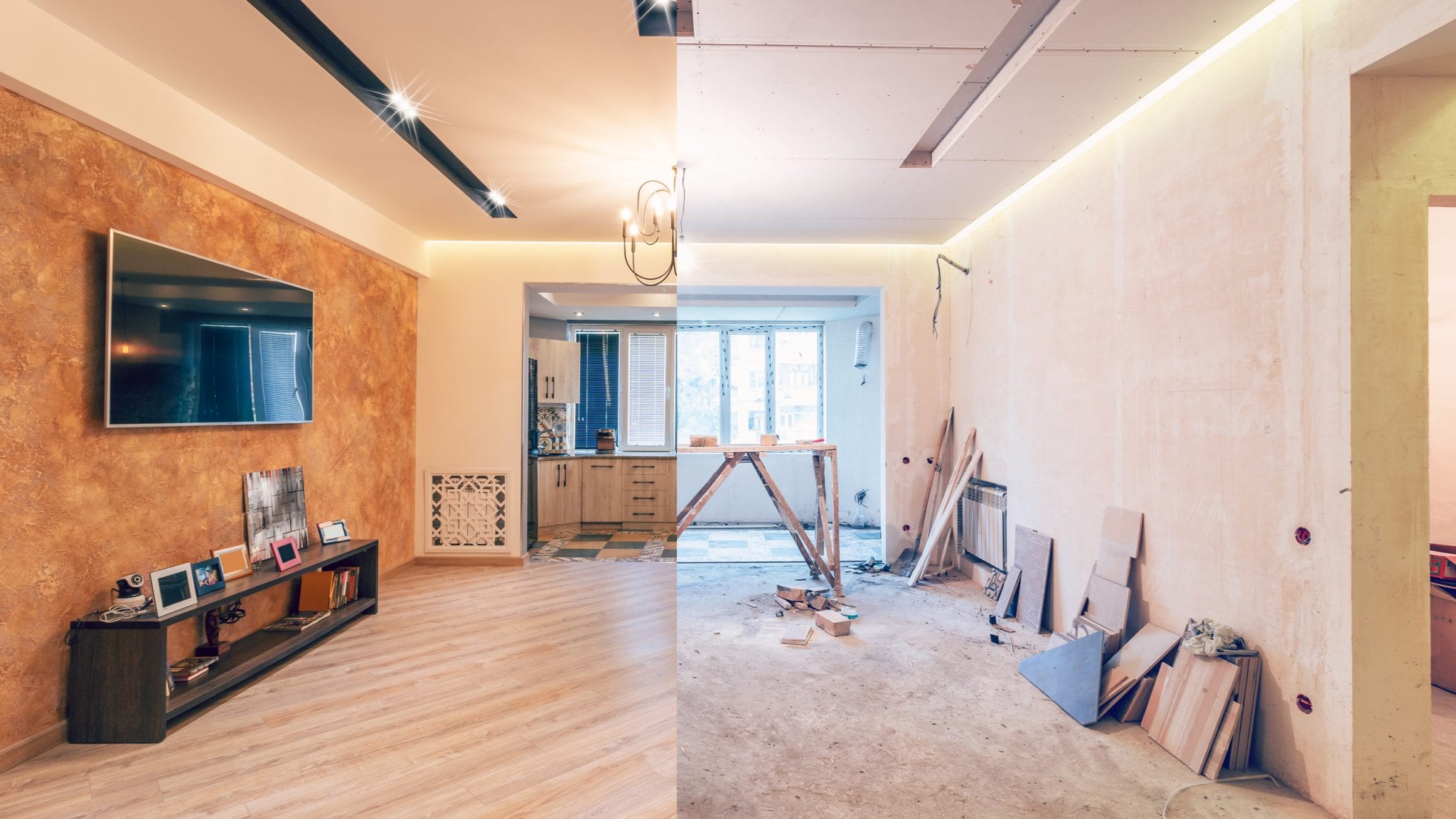
Strategic Remodeling: Navigating Your Investment Property Renovation
In the world of real estate investing, there’s an old adage: “You make your money when you buy, not when you sell.” While this principle holds true, an underappreciated aspect of this wisdom is the value that can be added through strategic renovation.
After all, a well-timed, well-executed renovation can significantly increase the value of your investment property, turning a good deal into a great one.
But how do you know when it’s the right time to renovate? And what circumstances should you consider before embarking on a potentially costly and time-consuming project? By asking these questions, you’re already on the right track. The key is a balance of strategic timing, well-informed decisions, and knowledge of your property’s potential.
Imagine purchasing a property at a reasonable price, only to see its value skyrocket after a well-planned renovation. You could secure a more favorable loan, attract higher-paying tenants, or sell at an impressive profit. These lucrative opportunities are not merely dreams. They are achievable with the right knowledge, preparation, and action steps.
Here’s your guide to making that vision a reality:
Assess the Current Market Conditions
Timing is critical in real estate. A renovation during a buyer’s market may mean your improved property will fetch a higher price when the market shifts. Keep an eye on market trends in your area, such as median house prices, rent rates, and local economic factors.
Evaluate Your Property
What is the current state of your property? Does it just need a facelift or a total makeover? A professional home inspection can identify key areas that require improvement, potentially increasing the property’s value.
Understand Your Tenants or Potential Buyers
Are you dealing with a young, trendy demographic who value modern kitchens and open-plan living? Or perhaps your market is retirees, who might prioritize easy maintenance and accessibility features. Understanding your audience’s needs will guide your renovation decisions.
Crunch the Numbers
A renovation should add value, not drain your resources. Consider the renovation costs versus the potential increase in property value or rental income. Enlist the help of real estate professionals or financial advisors to ensure your plans make financial sense.
Prioritize High-Value Improvements
Some renovations yield higher returns than others. Typically, kitchen and bathroom upgrades, fresh paint, and landscaping are among the improvements that offer the best return on investment.
Plan for Efficiency
Renovations can be disruptive, particularly if you have tenants. Plan the renovation in stages to minimize disturbance and potential loss of rental income.
Hire Professionals
DIY projects can save money, but they can also go horribly wrong. Unless you’re experienced in home renovations, it’s generally best to hire professionals. They’ll ensure the work is done correctly and up to code, which will save you money and headaches in the long run.
For those ready to delve deeper into property renovation strategies, the following advanced tips will further empower you to make profitable renovation decisions:
Sustainability Upgrades
As environmental consciousness grows, sustainable features are increasingly in demand. Think solar panels, energy-efficient appliances, and water-saving fixtures. These can not only increase your property’s appeal but also reduce running costs, making your property more attractive to potential tenants or buyers.
Focus on Curb Appeal
First impressions matter. A fresh coat of paint, a neat garden, or a new front door can significantly boost your property’s visual appeal. Don’t underestimate the power of a good first impression to increase property value.
Consider the Neighborhood
Align your renovations with the expectations of the neighborhood. Overcapitalizing on renovations in a lower-value area may leave you out of pocket, while undercapitalizing in a high-value area could see your property undervalued.
Obtain Necessary Permits
For major renovations, ensure you have the necessary permits before starting work. Non-compliance with local building regulations can lead to costly fines and delays.
Regular Maintenance
Regular maintenance can prevent minor issues from becoming major problems. It also keeps your property looking its best, which can positively impact its value.
Keep Records
Proper documentation of all renovations and maintenance can be a selling point to potential buyers. This shows your commitment to the property’s upkeep, which can translate to higher perceived value.
Know When to Stop
Lastly, while renovating can increase your property’s value, there comes a point of diminishing returns. Know when to stop renovating and let the property start generating returns.
Remember, successful property investing is a marathon, not a sprint. By viewing renovations as strategic, long-term investments rather than quick fixes, you’ll be better placed to maximize the profitability of your real estate portfolio.
Ultimately, the key to a successful renovation lies in preparation, understanding the market and your audience, and making informed decisions that will add real, tangible value to your investment. These guidelines, paired with the dedication to continually learn and adapt, can make the path to successful real estate investment less daunting and more rewarding.
Whether you’re a seasoned investor or a newbie, the time is always right to hone your strategy. So, why not start planning your next property renovation today? Who knows, your next project could be the one that significantly amplifies your success in the real estate world.